Motherland – Fort Salem: Season 3 – Summary/ Review (with Spoilers)
The final season of “Motherland: Fort Salem” acts as a reminder that some shows are better off cancelled outright than given one last hurrah.

Spoiler Alert: This summary and review contains spoilers.
Additionally, some images and text may include affiliate links, meaning we may earn a commission or receive products if you make a purchase.
The final season of “Motherland: Fort Salem” acts as a reminder that some shows are better off cancelled outright than given one last hurrah.
| Aired (FreeForm) | 6/21/2022 – 8/23/2022 |
| Genre(s) | Action, Adventure, Drama, Fantasy, Romance, Young Adult, LGBT+, War |
| Noted Characters | |
| Tally | Jessica Sutton |
| (Original) Nicte | Arlen Aguayo Stewart |
| Abigail | Ashley Nicole Williams |
| Raelle | Taylor Hickson |
| VP Silver | Victor Webster |
| Kara | Emilie Ullerup |
| (New) Nicte | Kandyse McClure |
| M | Ess Hödlmoser |
| Petra | Catherine Lough Haggquist |
| Sarah Alder | Lyne Renée |
| Alban Hearst | Bob Frazer |
| Adil | Tony Giroux |
| Scylla | Amalia Holm |
| Anacostia | Demetria McKinney |
| Izadora | Emilie Leclerc |
| Gregorio | Praneet Akilla |
| President Wade | Sheryl Lee Ralph |
| Pauline | Michelle Thrush |
| Thelma | Olivia Lucas |
| Milly | Quelemia Sparrow |
This content contains pertinent spoilers.
Summary
With the Camarilla growing in strength, it makes the Bellweather Unit question when or if they may ever be exonerated and if the truth could come out. However, while things are challenging on the run, Tally enjoys learning from Nicte new talents, and Abigail and Raelle get to spend most of their time with their partners, so things aren’t as bad as they could be. But, back in Fort Salem, things go from bad to worse as it is made clear VP Silver wants more pressure and oversight on witches. Which, with a new member of the Camarilla’s leadership introduced, Kara, it seems he no longer has just the inept egotistical Alban guiding him but someone actually formidable.
Thus leading to a season where the Camarilla makes great gains worldwide, and the Bellweather Unit are challenged as to whether being on the run is a good idea considering all that will be sacrificed for their freedom.
Review
Our Rating: Mixed (Stick Around)
Notable Performances, Moments, or Episodes
- Episode 4’s Development of Nicte, but especially of M
- Episode 5, and the whole Cession saga, having more Indigenous Americans featured than any show outside of “Reservation Dogs,” and each one playing a character in a position of formidable power with multiple nations being represented
Highlights
Kara Creating Some Sense That The Camarilla Should Be Taken Seriously
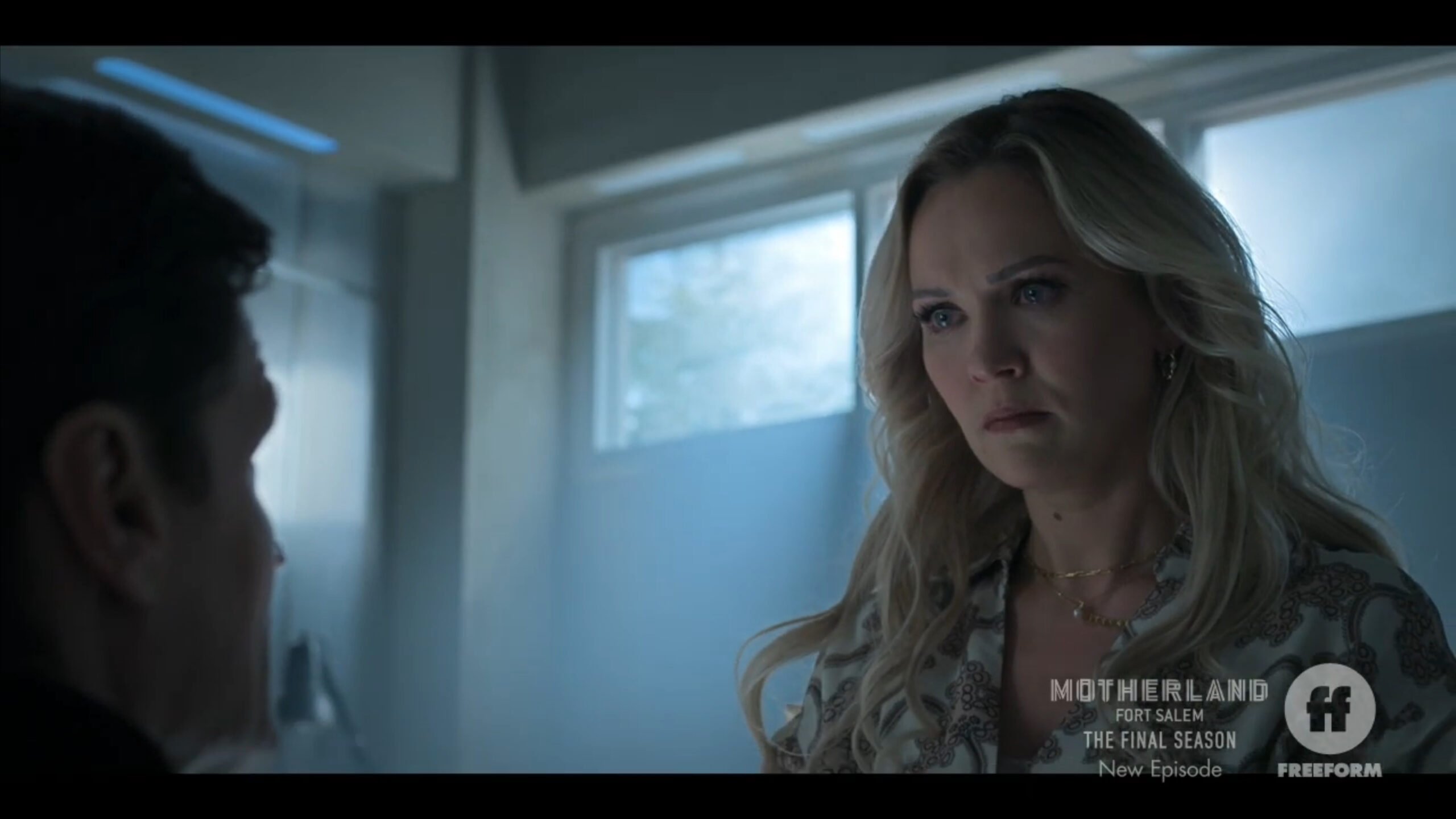
Between Alban and VP Silver, and the rest of the men who have represented the Camarilla, you rarely got someone who felt like a worthy adversary to Petra, Alder, or even the Bellweather Unit. Yes, they did heinous things but in comparison to the Spree? They didn’t have the right leadership or representatives to back up their heinous acts.
Vice President Silver was clearly a puppet, as shown by his killing off his own daughter due to Camarilla command. Then with Alban? He was like a second-rate Batman or Superman villain, with his performance often coming off campy. Kara, on the other hand, brought some much-needed oomph. Now, she wasn’t necessarily compensating for all the Camarilla lacked since she mainly stuck by Silver’s side or shared scenes with Alban, like the reveal she is his sister. However, there were glimpses of hope that she could bring the Camarilla at least to a point of being on par with the Spree and make them seem less like villains in a Pokemon game.
The Attempts To Add More Details To Witch Lore & Society
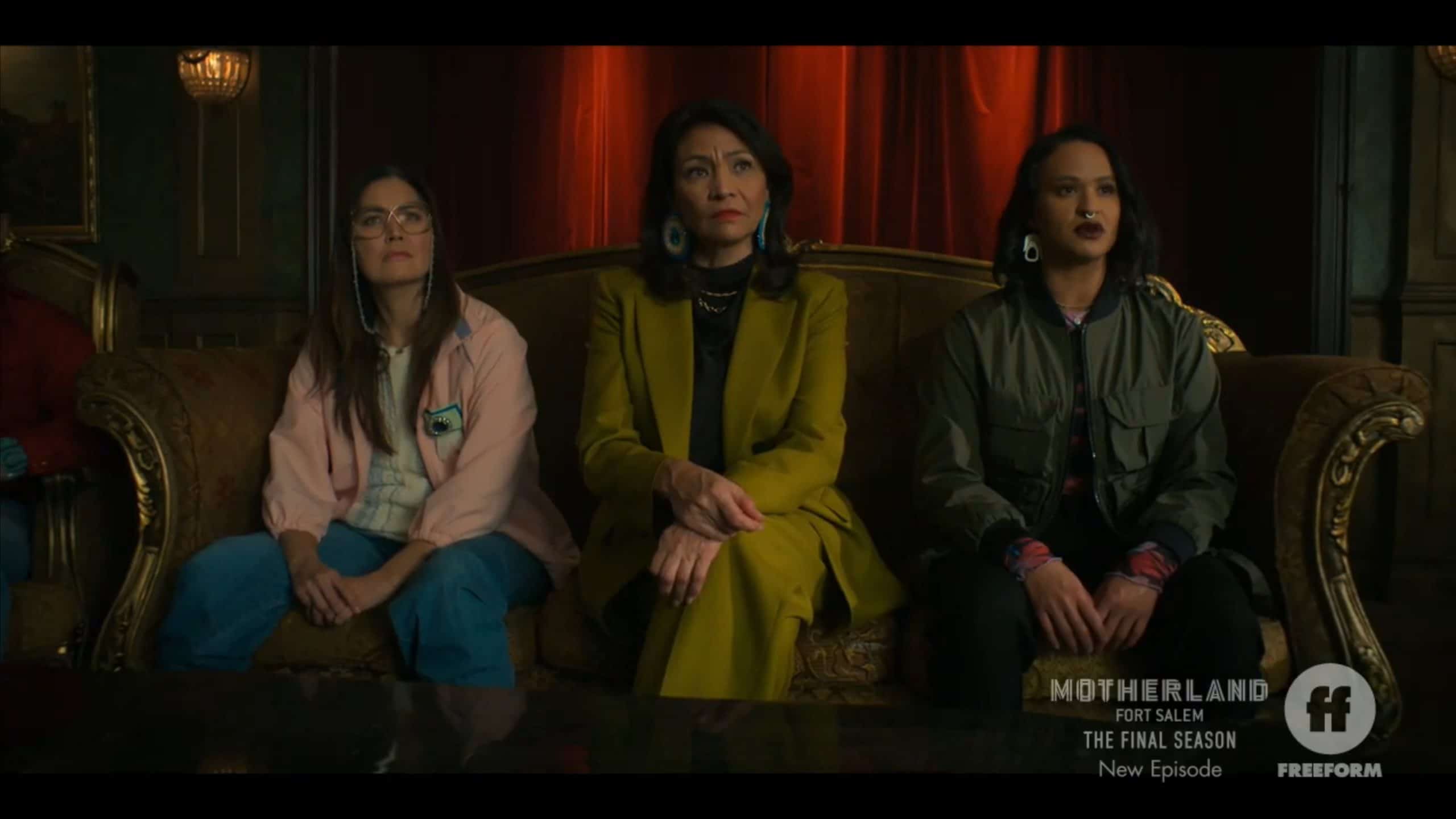
With the introduction of the Cession, seeing California, and learning about the First Song, more and more was poured into what it means to be a witch within the world Eliot Laurence crafted. Now, did this come with disappointments? Yes. We got to see only a limited amount of the world, but at the very least, we saw the Cession, learned about its council and internal issues that threaten its stability and met many of its leaders.
Then, with California, we didn’t get to see the legendary matriarchal society that exists there much, but it did further establish Tally’s mom.
M & Nicte
While the Camarilla floundered, Nicte continued to be the most interesting villain the show has had, even with the final season swapping out the actress and showing the kinder side to the Spree. For whether it was Nicte mentoring Tally and making her a better soldier, you could note her opening up to Scylla about her upbringing and how that relays into why Alder showing her true self was so devastating to her. The combination really proved that the show could write a quality villain. It just didn’t want to, especially if they were a male.
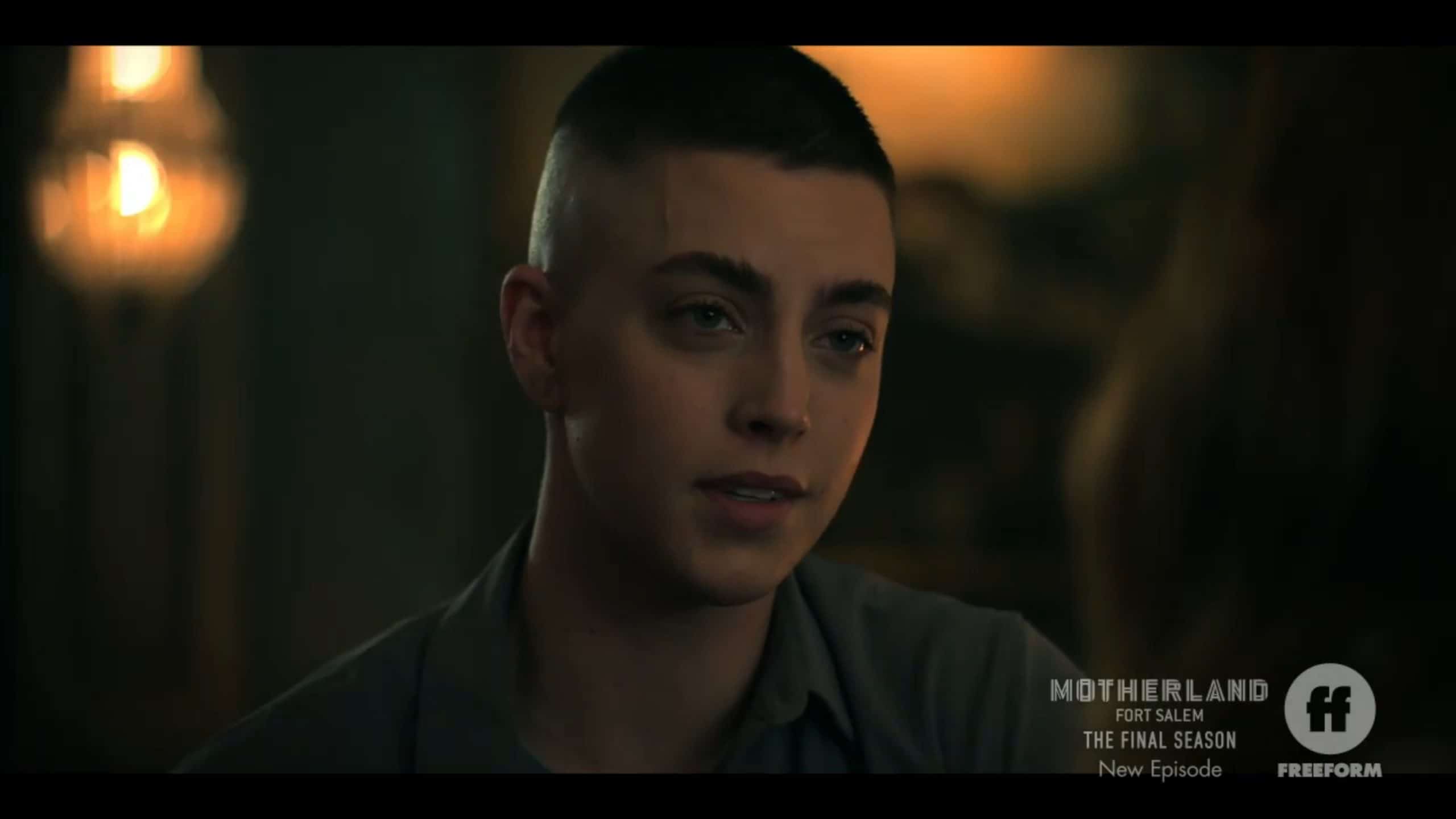
Switching to M, they are perhaps the most underutilized character that truly deserved a hell of a lot more screen time. Just M’s presence alone was notable, but when they opened up, specifically in episode 4, there were layers added that you don’t see much for characters who aren’t binary. Add in what their story could have added to the very binary world of witches, there is yet another missed opportunity to do a lot of good in world-building and investing in one of the few characters who didn’t get stale by the end of this season.
Never mind, their chemistry with Tally was far better than Tally’s with Gregorio.
Low Points
Adil and Scylla Devolved Into Simple Love Interests
Case in point: Adil and Scylla. Adil is one of the last Tarim witches, is perhaps one of the most powerful around regarding Earth magic, yet devolved into Abigail’s boyfriend. Scylla had it worst, though, for she went from a member of the Spree, from a family of dodgers, with a talent for necromancy, to almost every piece of dialog and her story being squarely about Raelle.
Now, this isn’t to discount one of Scylla’s exes popping up, but you can tell, when pressed for time, Scylla’s life outside Raelle was cut, just as much as Adil maybe being part of the “Earth and Sky” legend.
Somehow Having A Lack Of Urgency Yet Still Feeling The Season Was Rushed
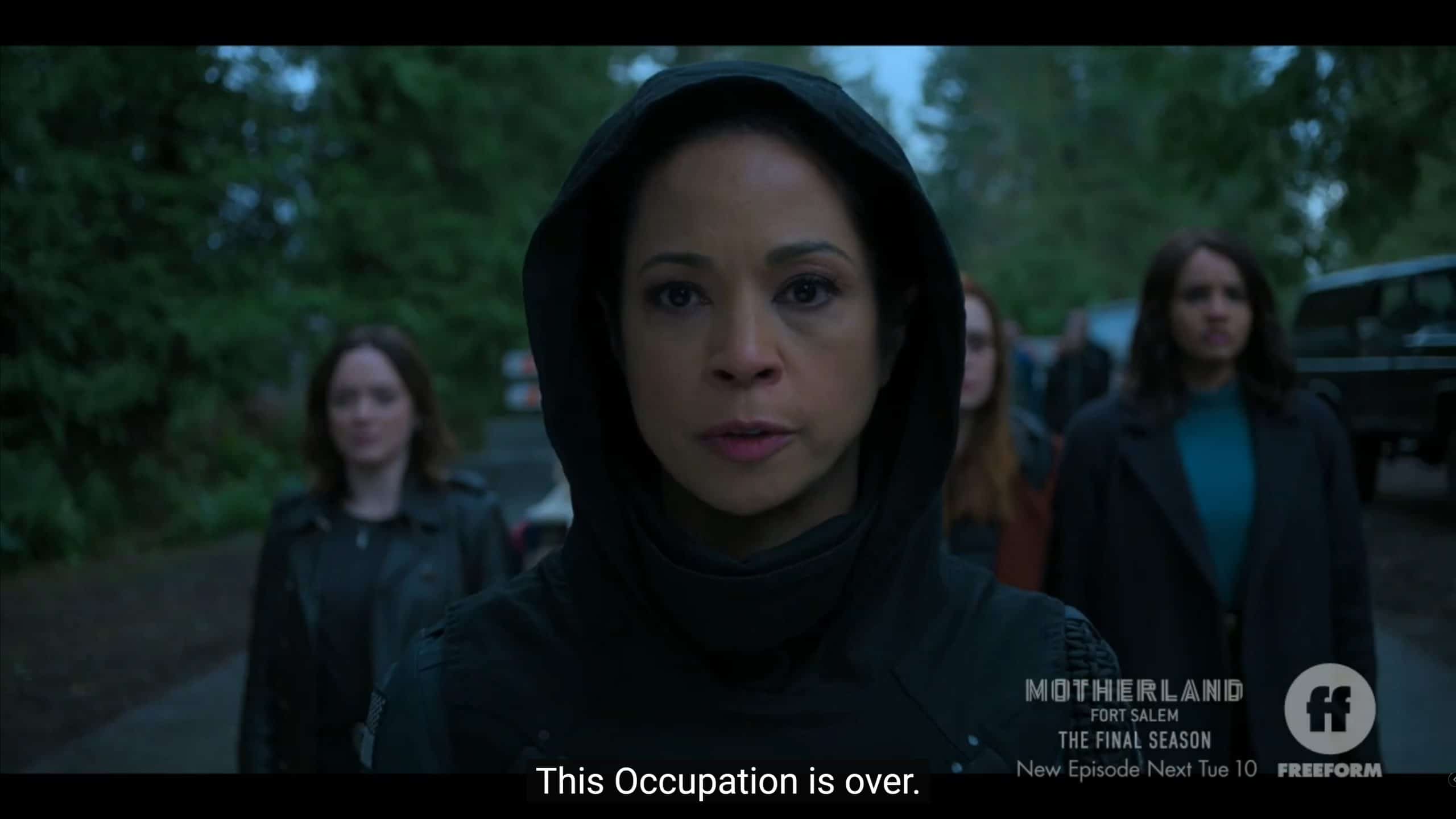
The United States military was tasked with hunting the Bellweather Unit, including local law enforcement. Yet, despite this threat, you rarely, if ever, felt like there was a sense of urgency or danger. These kids, barely through their first year of War College, led by Nicte, were able to sleuth through one of the most protected barriers in the world and avoid detection.
Then, outside the Bellweather Unit, Silver, with the Camarilla in his ear, were stripping away the rights of witches, trying to limit their use of their power, while the Camarilla were snatching vocal cords. So much was happening, yet none of it led to a sense of urgency. Rather, it felt like the book Laurence should have written before making this show was being rushed through so all the major moments could be noted or visually captured.
Oh, and let’s not forget making it so Tally could somehow go from the Mississippi River area to somewhere near Sacramento, California, and back without a single issue. All within a few days, by car, as if Silver didn’t name her and have her picture up. To say “Motherland: Fort Salem” was barely even selective about when the danger should be seen as real, but rather just didn’t care to make any situation seemed dire, is an understatement.
The Tease Of People Dying
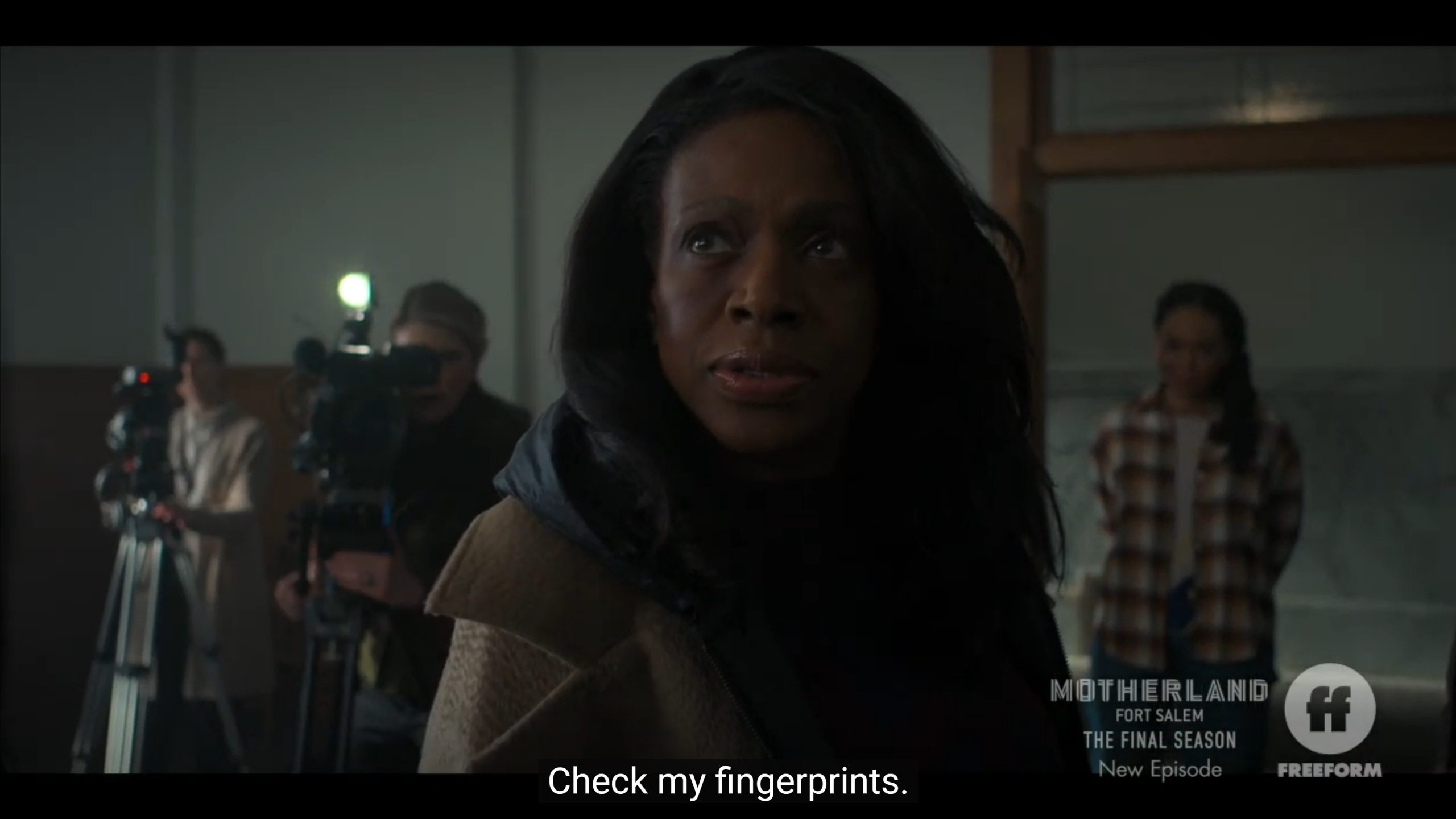
Only one notable character dies in the entire season, and that’s in the finale. Outside of that? We get teased with Alder dying, Izadora, and while they do kill off one person before Anacostia, it’s a cadet we barely know. This is just another example of no one knowing how to end “Motherland: Fort Salem” with a bang. Too often, it plays it safe with the villains, who dies amongst the protagonists, and undercuts any sort of tension there could be by having a cliffhanger in one episode and a confirmation the person is okay in the next.
Add in how the Mycelium always gave people the chance to be brought back, and there was absolutely no reason to ever feel worried.
Silver and Alban
After seeing Laurence’s other show, “Claws,” I know he can write male villains. So my question is, what the hell happened with Silver and Alban? The Camarilla was supposed to be the ultimate evil, more threatening to witches than the Spree, yet you have these two being the faces of it? A vice president who clearly has no influence on the organization’s decision-making, and then Alban, who has the vibe of a children’s television show villain?
The core of the issue here is they allowed Alban’s actor far too much leeway to control the character, and the more time he got, the more he made him into some kind of clown. Which would have been fine if he was a formidable one, but he mainly focused on bullying girls who were barely past 18. Who, on multiple occasions, defeated him and repeatedly made you question if he is one of the foremost members of the Camarilla, how do they still exist?
Granted, Kara probably did more than given credit for, especially since the Camarilla was originally shown to be mostly, if not all, male leadership, but how much could she really compensate for her inept brother? Particularly on a global scale?
A Simplistic Resolution That Ignores The Problem Caused
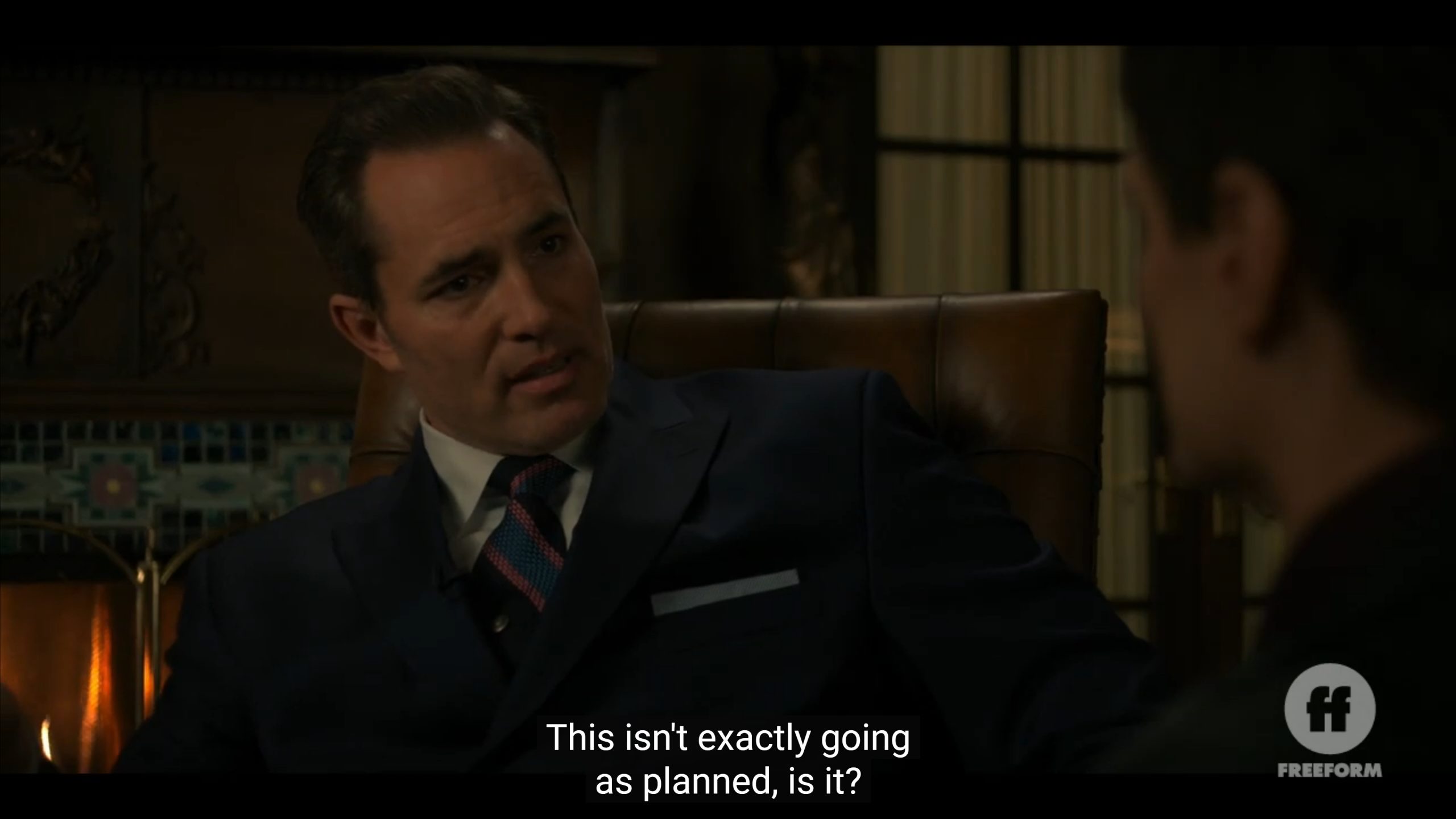
How does “Motherland: Fort Salem” end? What is the big resolution to the worldwide issue of the Camarilla? Everyone becoming a witch. Yeah, the organization stealing vocal cords to do work now has the powers of witches – naturally, this will solve everything.
Simplistic resolutions like this, the desire for happy endings, decimated the final season. In the pursuit of not showing the power and vitriol of the Camarilla, by having the Spree sidelined and making all of the army think as one and not have any look at the Bellweather Unit as criminals, everything about this season was cowardly.
Now, this isn’t to say it should have been like “Game of Thrones” and have someone dying every episode, maimed, or traumatized. However, you can’t have it where verbally we’re told things are bad and not back it up by having real, long-lasting damage done to lead characters. Never mind, in the case of Anacostia, waiting until the last episode to really do something daring and drastic, as if there is a fear that, by doing something like that, you’ll lose your audience immediately.
It’s almost like there was no trust that an audience would stick around if anything was done to threaten their favorite character’s life or relationship.
[ninja_tables id=”58016″]


